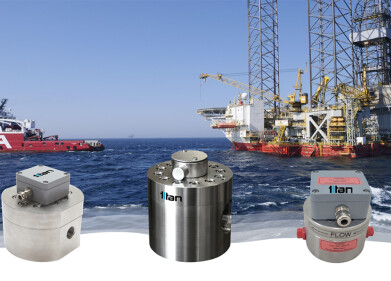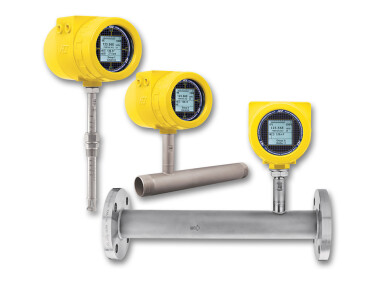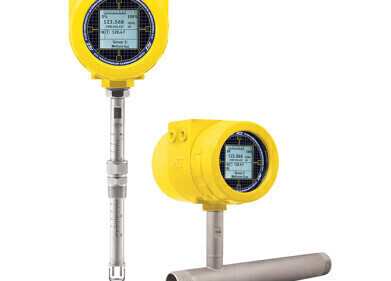-
 Concerns over risks to personnel and the environment are key drivers for international safety standards for instrumentation in the oil and gas industry
Concerns over risks to personnel and the environment are key drivers for international safety standards for instrumentation in the oil and gas industry
Flow level pressure
Instrument Reliability and Risks to Personnel Key Drivers for SIL
Jul 07 2014
A survey undertaken by flowmeter specialist Litre Meter (UK) has found that concerns over risks to personnel and the environment are key drivers for the implementation of international safety standards for instrumentation in the oil and gas industry.
Litre Meter surveyed senior design and control engineers worldwide with technical design and management roles within their organisations. Results found that when specifying flowmeters and other instruments, environmental safety (70 per cent) was cited as the main reason for safety standard compliance, followed by business-critical concerns including personnel safety (59 per cent) and maintaining process integrity (65 per cent).
Risks of injury to personnel (70 per cent), risk of explosion (65 per cent) and damage to the environment (50 per cent) were the chief concerns relating to the consequences of equipment failure. Business concerns including costs of shutdown (25 per cent) and damage to equipment (15 per cent) were of less significance.
While the majority of companies in the oil and gas sector comply with an international safety standard for instrument specification a significant number - almost 40 per cent - do not, the survey found. However, most of these stated that they will be seeking to comply with an international safety standard in the future where relevant.
The survey concentrated on Safety Integrity Levels (SIL). SIL is the degree of likelihood that a safety instrumented function will operate effectively when it is required to. Four SILs are defined within the European Functional Safety standards based on the IEC 61508 standard, SIL 4 being the most dependable and SIL 1 being the least, taking into account such things as the development process and safety life cycle management. The Litre Meter survey aimed to find out to what extent engineers use SIL in specifying equipment and what reliance they place upon it.
Almost 40 per cent said that SIL level 1 was the minimum acceptable for instrumentation in their operations with 22 per cent citing level 2, 26 per cent stating level 3 and just 13 per cent saying that the highest level (level 4) is the minimum acceptable.
Commenting on the findings Litre Meter CEO Charles Wemyss said: "There has been increased focus on safety issues in the offshore oil and gas sector over recent years and the results of our survey bear this out.
"We wanted to make sure that our manufacturing focus is on safety in relation to both the environment and industry trends. These figures show that by complying with SIL we have a reliable benchmark for safety and reliability."
Currently, SIL affects the buying decisions of engineers and design managers in 58 per cent of cases. Most decision makers (61 per cent) believe that SIL is a good indication of the reliability of a flowmeter.
SIL levels are not, however, taken at face value. Although 26 per cent of respondents said that they will simply ask what SIL level a product is when specifying a flowmeter, a significant number (52 per cent) will request data on specific failure rates based on Probability of Failure on Demand (PFD).
SIL was considered to be an effective measure of safety performance by 70 per cent of respondents but 54 per cent believed that a lack of consistency in applying SIL across all functional safety standards significantly affects trust in products designed to work in particular SIL level environments.
Charles Wemyss added: "Issues surrounding the environment and hydrocarbon releases, asset aging and life extension drive the focus on safety. We want to be able to help in the process of recognising hazards and reducing risk as well as help engineers take ownership of risk and asset integrity through proving assertions about the functionality and construction of instruments.
Digital Edition
PIN 25.6 Buyers' Guide
January 2025
Buyers' Guide Directory - Product Listings by Category - Suppliers Listings (A-Z) Articles Analytical Instrumentation - ASTM D7042: The Quantum Leap in Viscosity Testing Technology -...
View all digital editions
Events
Jan 20 2025 San Diego, CA, USA
Jan 22 2025 Tokyo, Japan
Jan 25 2025 San Diego, CA, USA
SPE Hydraulic Fracturing Technology Conference and Exhibition
Feb 04 2025 The Woodlands, TX, USA
Feb 05 2025 Guangzhou, China


















